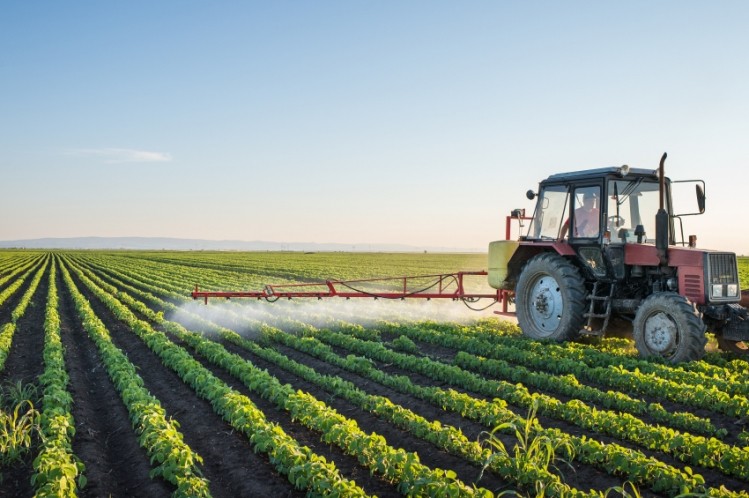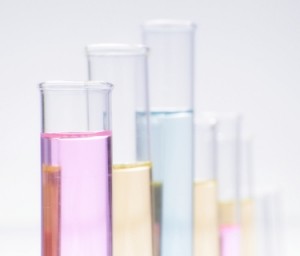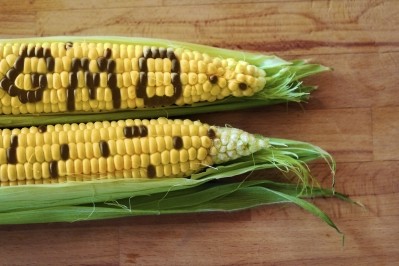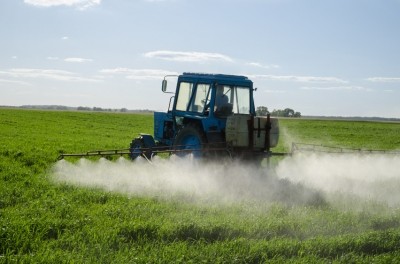MEPs give glyphosate green light – with caveats

In all, 374 MEPs supported the resolution, with 225 against and 102 abstaining, according to the European Parliament Committee on Environment.
Farming representatives in the UK tweeted that the result was “a big win for science-based policy making in the EU”.
The Commission should not approve any non-professional uses of the chemical, MEPs said. The approval of glyphosate should also be reassessed in the light of its pending classification by the European Chemicals Agency (ECHA) under separate legislation.
The resolution also calls on the Commission to launch an independent review of glyphosate's overall toxicity and classification, based not only on data relating to carcinogenicity but also on possible endocrine-disruptive properties.
In a non-binding resolution, the European Parliament called for a ban on all uses of glyphosate-based herbicides in private and public green areas, including spraying in and around public parks, playgrounds and gardens.
MEPs also called for restrictions on use in agricultural fields shortly before harvesting, which could affect UK farmers in particular.
The licence will also only last for seven years, as opposed to the 15 years originally proposed. What’s more, the Parliament also called for full disclosure of the scientific evidence behind an assessment of glyphosate by the European Food Safety Authority (EFSA).
Greenpeace EU food policy director, Franziska Achterberg, welcomed the result but said the resolution didn't go far enough. “MEPs are right to call for tough restrictions of glyphosate use, but these are not sufficient to protect people and the environment. The science shows that glyphosate is a threat for public health and must be banned outright. A ban in cities and gardens would not prevent large-scale contamination of food, water, soil and air.”
National experts sitting in the Standing Committee on Plants, Animals, Food and Feed will vote in May to adopt or reject the Commission proposal. If there is no such majority, it will be up to the European Commission to decide.
Commissioner confused
Last week the Health Commissioner, Vytenis Andriukaitis was sufficiently rattled to write to the Glyphosate Task Force – a consortium of companies pushing for a renewal of the chemical’s licence – asking it to publish the full studies provided to EFSA.
In the letter, he highlighted the “extraordinary degree of public attention and concerns” in relation to the transparency of the European assessment process.
He highlighted the different conclusions drawn by EFSA – that the substance poses no cancer risk to humans; and those of the International Agency for Research on Cancer – which classified glyphosate as probably cancer-causing to humans. “I cannot ignore such concerns and doubts.”
The GTF, in response, said it will “voluntarily provide access through a physical reading room (or rooms) and on an exceptional basis to copies of all 14 carcinogenicity studies submitted by the GTF".
Public uprising
A poll this week, in which respondents were given a brief backstory of the conflicting scientific analyses, showed that almost two in three consumers (64%) think the chemical should be banned in Europe. Only 9% of the 7,074 people polled in five EU countries by YouGov supported use of the weedkiller. Opposition was strongest in Italy (76%) and Germany (70%).
A third or more of consumers in the UK (36%), France (33% and Spain (33%) said they didn’t know whether or not the EU should reapprove the chemical for another 15 years.
A spokesman for the European Crop Protection Association said the industry recognises the public concern around the issue “but we also see 90,000 pages, 3,300 studies and regulatory authorities around the world supporting the reapproval of glyphosate. Those that play politics with science and cast doubt on the safety of the EU system, risk undermining both the system itself and as a result, consumer confidence,” he added.
MEP sampling
According to reports in the UK’s Guardian newspaper this week, up to 150 MEPs are expected to provide urine samples today, which will be then tested for the presence of glyphosate.
This followsresearch published last month showing that 99.6% of Germans are contaminated with the herbicide. Three quarters of the target group displayed levels of glyphosate contamination that were five times higher than the legal limit of drinking water. Meat-eaters displayed higher levels than vegetarians or vegans.
Traces have also been found in beer, as well as bread. Last year, there were calls for manufacturers to ban suppliers from using glyphosate following tests carried out by Defra, the UK government’s food department, showing up to one third of bread samples contained traces of the herbicide. The baking industry said all levels were well within safe limits.
















